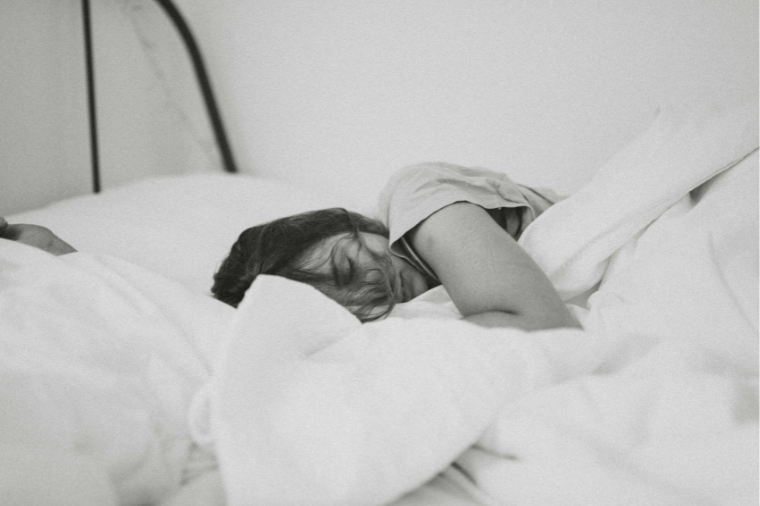Many of us spend more time trying to fall asleep rather than actually sleeping.
The number of hours recommended by experts for sleep depends on your age. However, most people need at least 7 hours of sleep in a 24-hour period. Just the act of trying too hard to fall asleep may cause wreak an air of anxious, nerve-wracking energy that keeps you awake. If your mind can’t sleep, it’s difficult for your body to follow, too.
To delve into the subject of sleeping well, the wellbeing practitioners from Patina Maldives‘ award winning FLOW Spa, have shared these expert tips to help enhance your sleep quality, ensuring you wake up refreshed and ready to tackle the day.
From dietary choices to relaxation techniques, designed to help you drift off more easily and enjoy a deeper, more restorative slumber.
Eat Right to Sleep Tight
Your diet can significantly impact your sleep quality. Incorporating certain foods into your evening routine can promote relaxation and help you fall asleep faster. Kiwi, cherries, milk, fatty fish, nuts, and rice have been found to aid in relaxation and sleep. These foods are rich in nutrients that support the production of sleep-regulating hormones, making them perfect additions to your dinner or pre-bedtime snack.
View this post on Instagram
Chamomile as a Sleep-Inducer
Chamomile tea has long been revered for its calming properties. Drinking one cup of chamomile tea about 45 minutes before bed can help induce sleepiness. Additionally, chamomile essential oil, when diffused in the air, releases a subtle floral aroma that has a calming and relaxing effect on the mind. Incorporating chamomile into your nightly routine can create a soothing atmosphere conducive to sleep.
View this post on Instagram
Breathing Techniques
Breathing exercises can be a powerful tool for reducing anxiety and promoting relaxation before bed. The 4-7-8 breathing technique, also known as relaxing breath, involves a rhythmic pattern of inhaling, holding the breath, and exhaling. This technique helps calm the mind and body, making it easier to fall asleep. To practice, exhale completely through your mouth, then inhale quietly through your nose for a count of 4, hold for a count of 7, and exhale slowly through your mouth for a count of 8. Repeat this cycle around six times before returning to normal breathing.
Progressive Muscle Relaxation Against Insomnia
Progressive muscle relaxation (PMR) is an effective method for reducing physical tension and promoting relaxation. This technique involves tensing and then relaxing different muscle groups in the body. Find a comfortable position, either sitting or lying down, where you won’t be disturbed for 10-15 minutes. Focus on each muscle group, tensing for five seconds while breathing in, then releasing and relaxing. Repeat the process for each muscle group, gradually using less tension each time. This practice can help you release the day’s stress and prepare your body for restful sleep.
Warm Bath
Taking a hot shower or bath 90 minutes before bed can significantly improve your ability to fall asleep. The warm water helps you unwind, and as your body cools down afterward, it triggers your circadian rhythms to signal that it’s time to sleep. This cooling-down process promotes a natural decline in core body temperature, which is essential for falling asleep quickly and enjoying deep, restorative sleep.
– For more on luxury lifestyle, news, fashion and beauty follow Emirates Woman on Facebook and Instagram
Images: Instagram @patinamaldives & Feature Image: Unsplash @Kinga Howard












